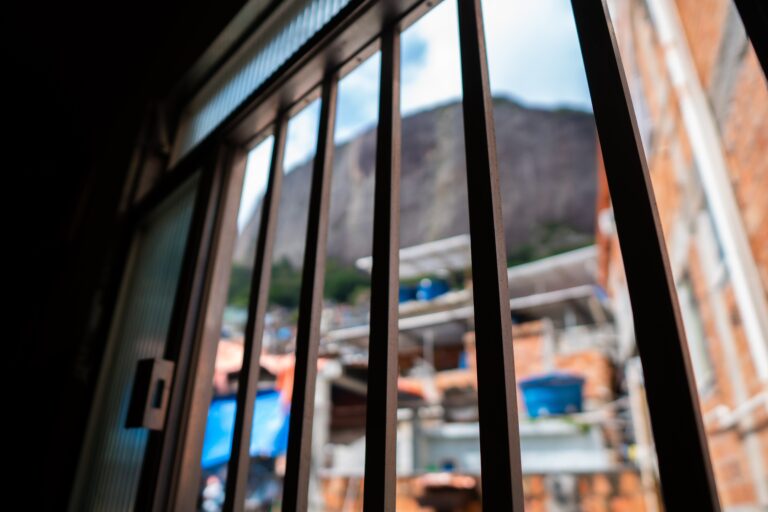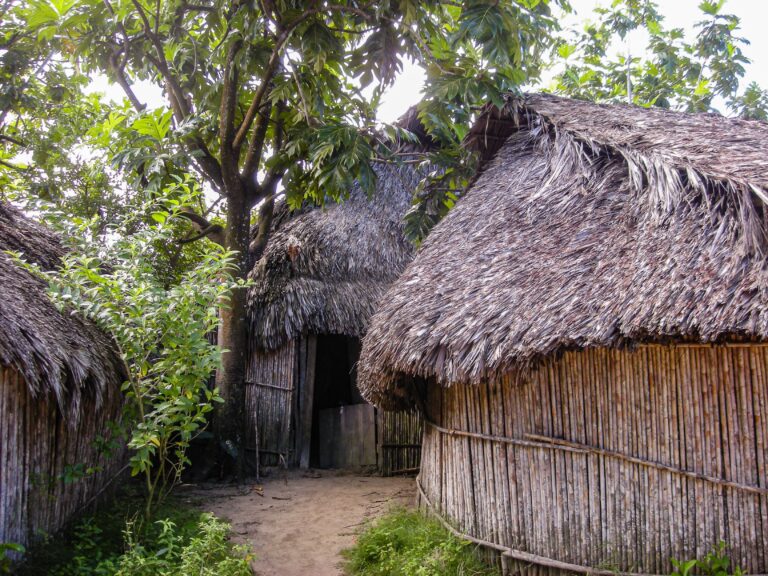The greatest privilege I grew up with was the quality of conversation in my home. In many ways, my family is more interested in the year we became a Republic and the historical movements that led up to that event; however, Independence, our 52nd year, is a powerful occasion for us to reflect on the State of the Nation.
Since meh family from country, Tamana-folk, Sundays are hot days that require hot Sunday food. My mother prepared macaroni pie (with New Zealand Cheddar, of course!), white rice, stew red beans and baked pork. While they were chewing their pork skin and saving a little room to eat the pork fat with hops bread, I ate the rice, beans and about half of a golden avocado. The struggle for avocado is too real so I does deal with in when it in season!
Over Independence Lunch, these were our 4 Reflections on our 52nd year of Independence:
1. A Mixed Bag Of Politics: Cheap Order of the Order of Trinidad and Tobago
Do I think the PM was out of place? Yes. Did Manning ‘put she in she place’? Why should he? The Prime Minister put our two former PMs in a situation where they were both ‘damned if yuh do’ and ‘damned if yuh don’t’. Mr. Manning formally and publicly responded to the media (and on Facebook) on his rejection of the award due to the lack of integrity in the process of his nomination.
In all fairness, the award is greater than Manning, the PNM, Bissessar and the People’s Partnership. However, due process seems to be something the Institution of the State does not enjoy. As states persons, formal letters should have been exchanged and this dialogue should not have been put out in the public. The first role as a senior politician is to perform as senior states person then play out your political options. KPB should not have gone to the Public with the announcement first. In addition, the PM could have been more crafty in honouring Manning and dress it up as the “Cabinet has decided to recommend Mr. Manning and Panday and their contributions to the Republic…blah blah blah”. What many of us fail to realize is that it is the President’s honour to ‘make the decision’ on the award. But I strongly believe as a senior states person, I think Mr. Manning could have played his card differently and let Dr. Rowley do the politics aloud. Still, I do not dog the former PM for his response. I cannot tell a grown man to swallow what is difficult to bear. It may not be a popular view but I really do not think Mr. Manning should have lowered his status and respond in that way. The goal is to be “bigger dan” but the wide responses of Facebookers say: politically, the PM will pay a price for this one.
Do I think the Seetahal family’s “blanking” of the National Awards because she was posthumously nominated for the Chaconia Gold was in good taste? Let us get serious. Execution of duty with excellence, life time service, exceptional courage and doing yuh job (well) are all important criteria that have different weighting. And this confusion of categories and character has chain up our people with national awards to personalities for cheap political gain rather than recognizing the best of our tradition and society and holding them up to our people because they came from us.
Sometimes the right thing is not the popular thing and working quietly in the background in order to strengthen the process is not an exciting role in the ‘badjohn theatre’ we love. However, it is important. And what you are doing is planting the seed for civilization to grow in that moment.
2. Kublalsingh, Beetham, Green Space
The poor will continue to be fragmented as long they see themselves as separate or racially constituted. Dr. Kublalsingh has lobbied for one thing: the State is an accountable and transparent institution to the people of Trinidad and Tobago. It is a brand of ethical economics that people will continue to fail to grasp as long as we plan our development and spend for the short-term rather than invest in our future and the long-term vision for our independent nation.
Sometimes we get too excited by the vision of New York City developments and their ‘developed’ way of life. We imagine nightclubs and roads of grandeur that suit needs of territories with very different geographical and sociological realities. We believe unchecked capitalism is the most efficient way in getting the job done and we should “learn to be grateful” when high buildings are erected and we occupy them. This is a story of a twin island dreaming outside of itself for better days. Of course, I would a love a highway from St. Augustine to the Moon. However, a simple thing such as a Social Impact Assessment is what is required before I make my decision. I am only prepared to agree on anything unless I, along with my community, was consulted for the purpose of genuinely allowing my view and opinions to impact the decision-making in the project. In an age of ecological concern and less skepticism about nature and spirituality, Trinidad and Tobago, an island that is the treasure vault of Caribbean people and genius is in a serendipitous position to articulate what progress constitutes in the 21st century. Will we take this challenge up?
What hurts me is that the struggles down Debe and the highway and dust is no different from the struggles in the Beetham with ‘fumes’ and rubbish which is no different from the struggles in Tacarigua for green space and community and livelihood. All these issues speak to sustainability and all these different geographies, ethnicities, class positions and political sympathies have one thing in common; they are citizens of Trinidad and Tobago who commit themselves to the democratic process. Yes, they want economic and social growth but at they same time, they need good governance which allows them to participate in the democratic process and make decisions about their future. We need to commend their discipline, tolerate the long-time wait for progress and their consciousness raising which produces affirmed citizens who neither shout nor stay quiet but stand up for what they believe in.
3.Cultural Hardware and Cultural Software
We need to seriously reflect on what makes life in Trinidad and Tobago worth living. I always saw the Caribbean as a space that had to construct its own terms of civilization and how we would go about spending our time. Sometimes, we fall down on the old adage “it makes no sense reinventing the wheel” and ultimately do a disservice to our creative intellect and imagination. Happily we drive German cars used in the UK on our Trinbagonian roads poorly paved the week before General Elections. How do our development planning and our day-to-day life seek to confront and address the problems of racism, (hetero) sexism, and classism in education, shadism and blatant disregard for the disabled? We talk about racism being a major problem and many hope for the mythological dougla Prime Minister to come along and solve these problems magically. When in fact, the douglarisation of the politics is when we deal with our issues. If you want to help poor Africans and poor Indians, then, construct pavements along the Eastern Main Road so that the elderly can walk them hassle-free on their way to temple, mosque and church. If you want a politics that reaches out to all people, then transform City Gate under the Operational Health and Safety laws and ensure the disabled, pregnant women and the elderly have equal access to the same facilities. We don’t see the potential for developing consumer standards in restaurants for vegetarian food and the economic and nutritional potential it has for the population. We completely miss the serious investment into our national library services and the shelving of the imagination of our children. And why can’t we read to our children the mythology of the Temple on the Sea alongside Hercules and Osiris?
I am encouraging us to educate the public to become productive citizens. Our politicians must campaign and print in their manifestos about their commitment to the eradication of the poverty of information. Development does require infrastructure for our ideas to be institutionalized, however, we need to create the environment for our ideas to contend and conspire. Let us invest in both the cultural hardware and software. When this happens, we will not be discussing constitutional reform as if were discussing traffic laws. Our people will be able to think critically about what is proposed and what they can lose/gain.
The cultural hardware refers to the buildings and technology – that is the easy part. We need to develop the cultural software, which refers to the technical know-how, philosophical know-why, and the spiritual who-we-are.
4. Caribbean Court of Justice
Every year, thousands of CAPE Caribbean Studies students write about the need to decolonize our Caribbean space and they justify the reasons we need to establish the CCJ as our final appellate court in Trinidad and Tobago.
If I had to make a presentation to Parliament on the debate to join the CCJ, after all the debates and loud sheeple outside the parliamentary halls, I would print screen an image of Google Maps: Caribbean Court of Justice, Trinidad and Tobago.
That is all. We need to stop playing the @ss.
Tomorrow will be September 1st and I remember those Gyal-Ah-Rush-Me haircuts we all sported on the first day of school. September was always the first month of the New Year and maybe this reflection can help me define the work that must be done moving ahead.
Happy 52nd Independence Day, Trinidad and Tobago.




Great read.